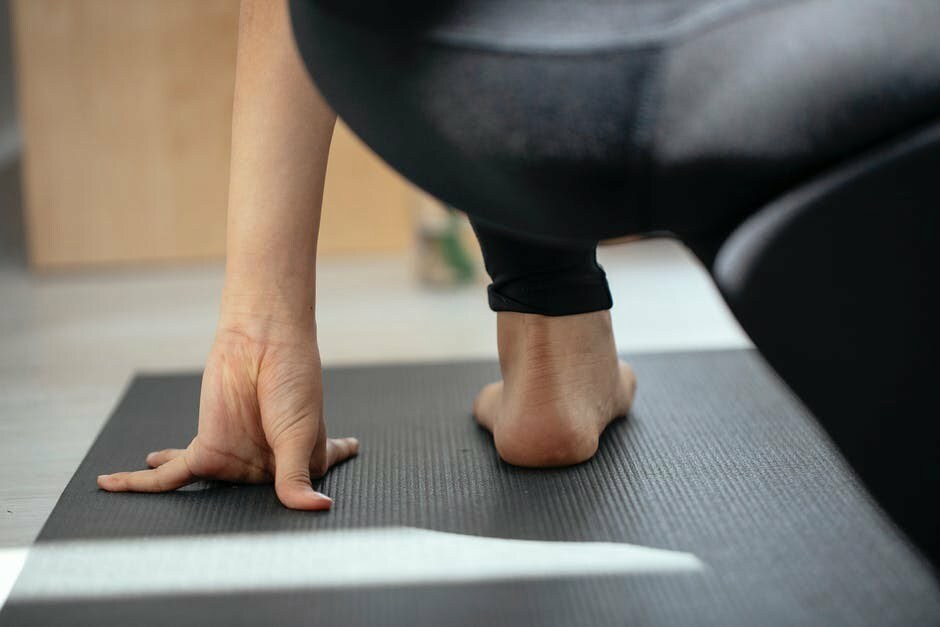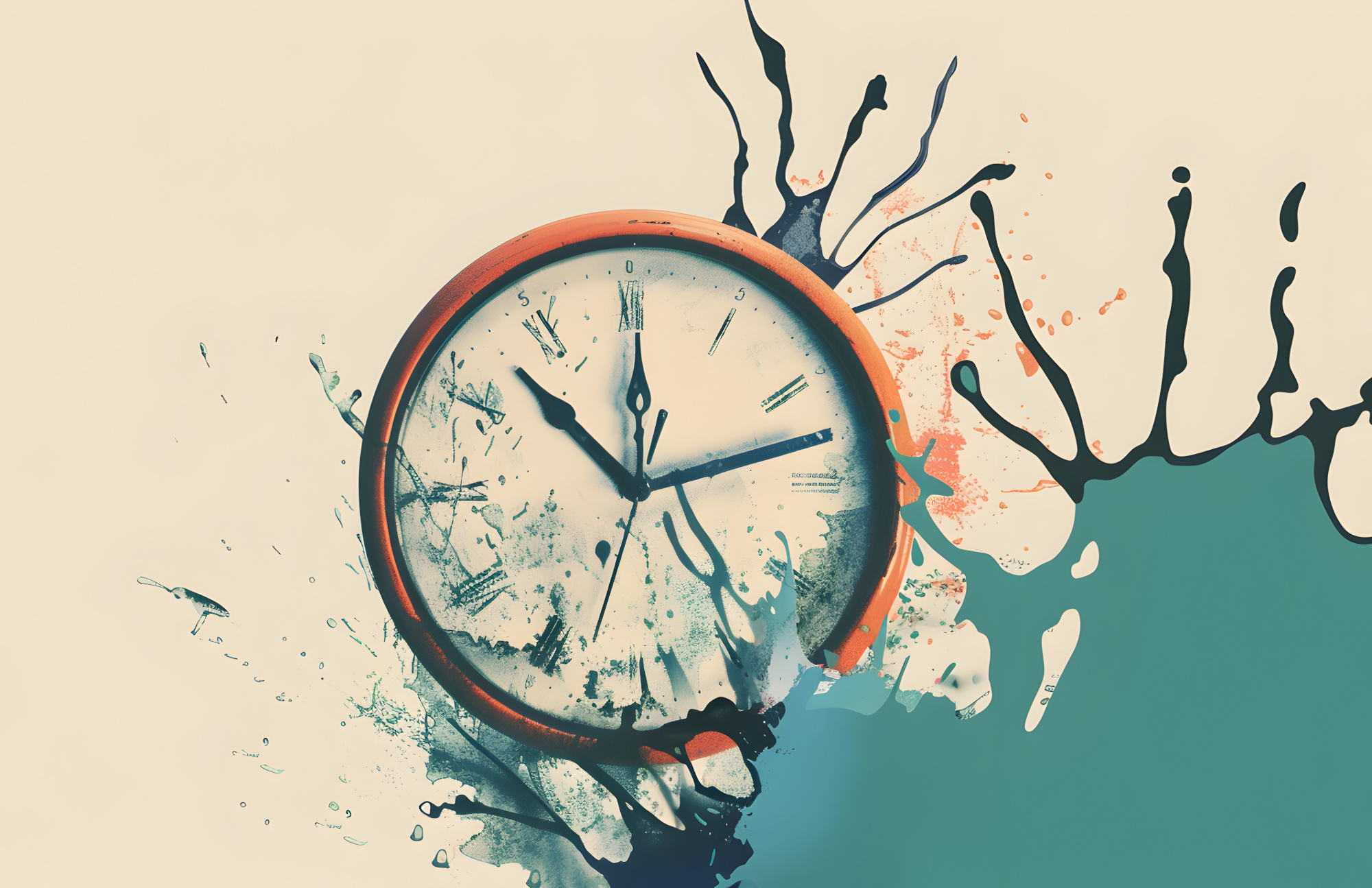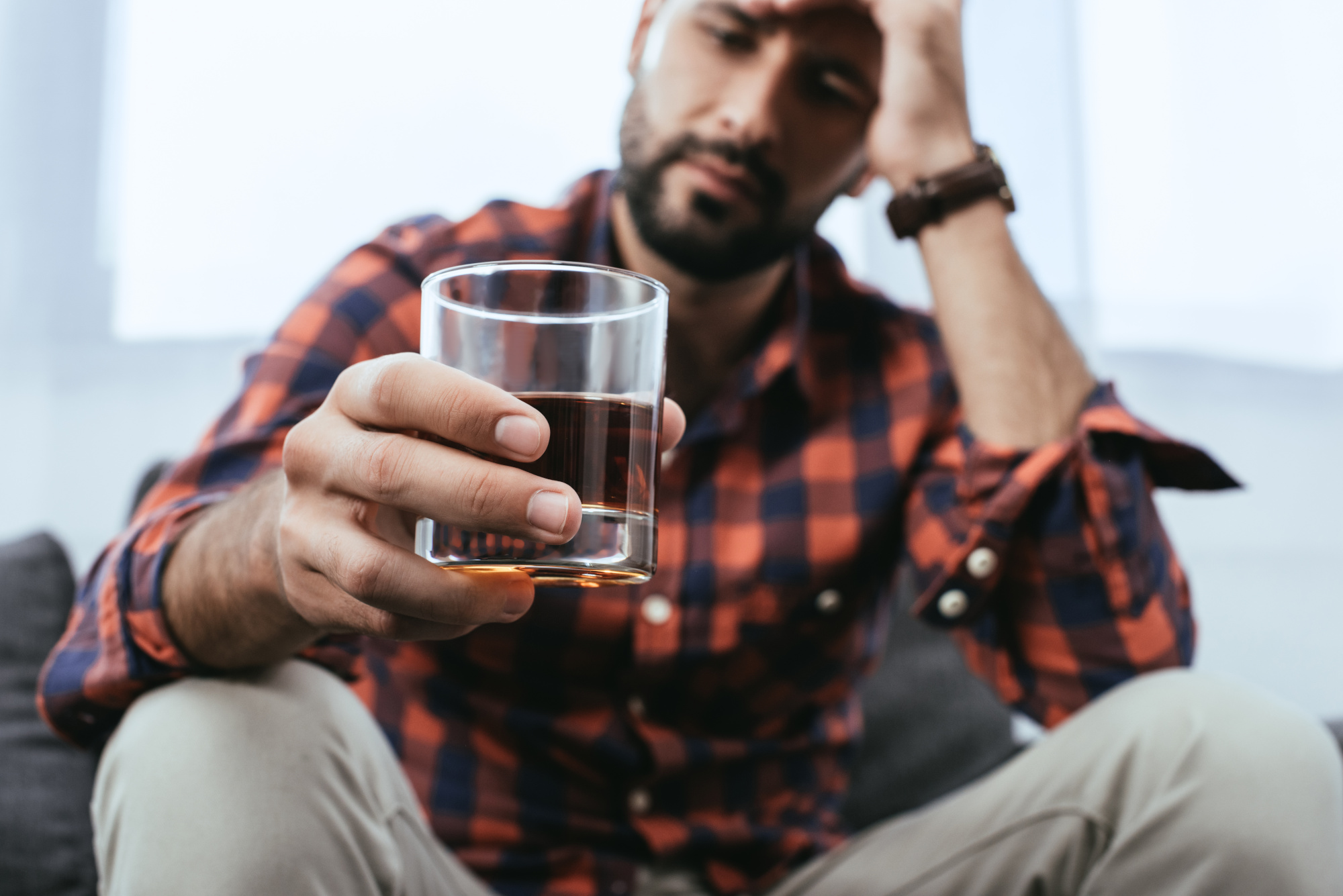Do you find that certain feelings exacerbate your struggle with addiction or substance use disorders? Does addiction cause many complex feelings that are hard to explain or put into words? If you have felt this way, you are most likely experiencing symptoms of a dual diagnosis.
Dual Diagnosis (DD) is the condition of having a mental health disorder alongside drug or alcohol addiction. It is quite common for those struggling with addiction to battle mental health disorders simultaneously. This causes a cycle of negative symptoms and effects that exacerbate each other. The Ohana Addiction Treatment Center has a staff of professionals trained to treat DD through various methods, but being knowledgeable about DD can help you better understand what you are feeling and experiencing while seeking treatment.
What’s the Connection Between Substance Use and Mental Disorders?
While DD occurs simultaneously, it can be difficult to pinpoint if one disorder is causing another, or which developed first. According to the National Library of Medicine, there are three possibilities for why substance use and mental illness may occur together, including:
-
Risk factors such as genetics, stress, and trauma can contribute to the development of both kinds of disorders.
-
Individuals with mental disorders may self-medicate, meaning they use drugs and alcohol to cope with their symptoms.
-
Excessive substance use can physically change our brain and the way it functions. When these changes occur, they can increase the likelihood of developing a mental disorder.
At the end of the day, knowing which disorder came first is not as important as creating a treatment plan that addresses both. Treatment frequently focuses on getting to the bottom of what has caused the disorder. In the cases of mental and substance use disorders, the factors mentioned above — genetics, stress, and trauma — can all have an equal part in the development of both kinds of disorders.
What Are Some Examples of Dual Diagnosis?
There are several dual diagnosis disorders that people experience. Many suffering from substance use disorders will also suffer from anxiety, depression, attention-deficit/hyperactivity disorder (ADHD), and other complex disorders like obsessive-compulsive disorder (OCD), and schizophrenia. It is also extremely common for individuals with more trauma-induced mental disorders to suffer from addiction. That may include post-traumatic stress disorder (PTSD) or panic disorder.
In most scenarios, individuals are using substances to cope with their symptoms, or their symptoms are a result of substance use. Either way, both are manageable. Unfortunately, a common struggle among some facilities is that they do not have the trained staff needed for addressing symptoms associated with DD. Thankfully, that is not the case at The Ohana. We treat common co-occurring disorders, which include anxiety, depression, trauma, and codependency. Our trained staff can competently work with you to create an individualized plan that treats all disorders you are seeking help for.
What Does Dual Diagnosis Treatment Look Like?
Treatment for DD may vary from one treatment facility to the next. Regardless, successful DD treatment requires a team of professionals that understands both addiction and mental health. Individuals who only seek treatment for one disorder are generally not very successful. Due to the vicious cycle of the effects of DD, it will only be a matter of time until a relapse occurs because of the symptoms of an untreated disorder. To avoid this and to make progress, The Ohana focuses on treating all disorders involved and uses a variety of treatment methods to effectively treat clients with DD.
Some of the treatment methods you can expect from The Ohana include:
-
Holistic therapy – An approach designed to treat the whole person, not just the disorders. It reestablishes the mind-body-spirit connection in different ways. That includes yoga, meditation, art therapy, acupuncture, and other holistic or mindful practices.
-
Behavioral therapy – An approach that is also effective for treating DD. Evidence-based behavioral therapies are sometimes most successful in treating substance use and mental health disorders. This includes individual and group therapy, cognitive-behavioral therapy (CBT), and psychodynamic therapy.
-
Medications – A treatment option that can be helpful, but some may have concerns about using medications in their treatment. The Ohana has medical and psychiatric professionals that will assess if medications can aid your treatment, and if so, which medications are best.
Similar to seeking treatment for either addiction or a mental disorder, seeking treatment for both requires individualized treatment. Take comfort in knowing that The Ohana prioritizes individual treatment for all we walk through our doors.
How Can The Ohana Help You Today?
The key factor in treating dual diagnosis is having trained staff that can treat both mental health and substance use disorders. The Ohana Addiction Treatment Center has the medical, psychiatric, and therapeutic experts needed to do just that. Our whole-person holistic approach to treatment in combination with evidence-based therapies is a perfect method to offer you treatment today.
If untreated, the negative cycle of dual diagnosis will continue to bring you down a dangerous path, which could end up causing irrevocable harm and even death. We encourage you to come and take in all that the island has to offer you while you reconnect your mind, body, and spirit. The Ohana will create a treatment plan that addresses all your needs so that you can start your recovery adventure today.







